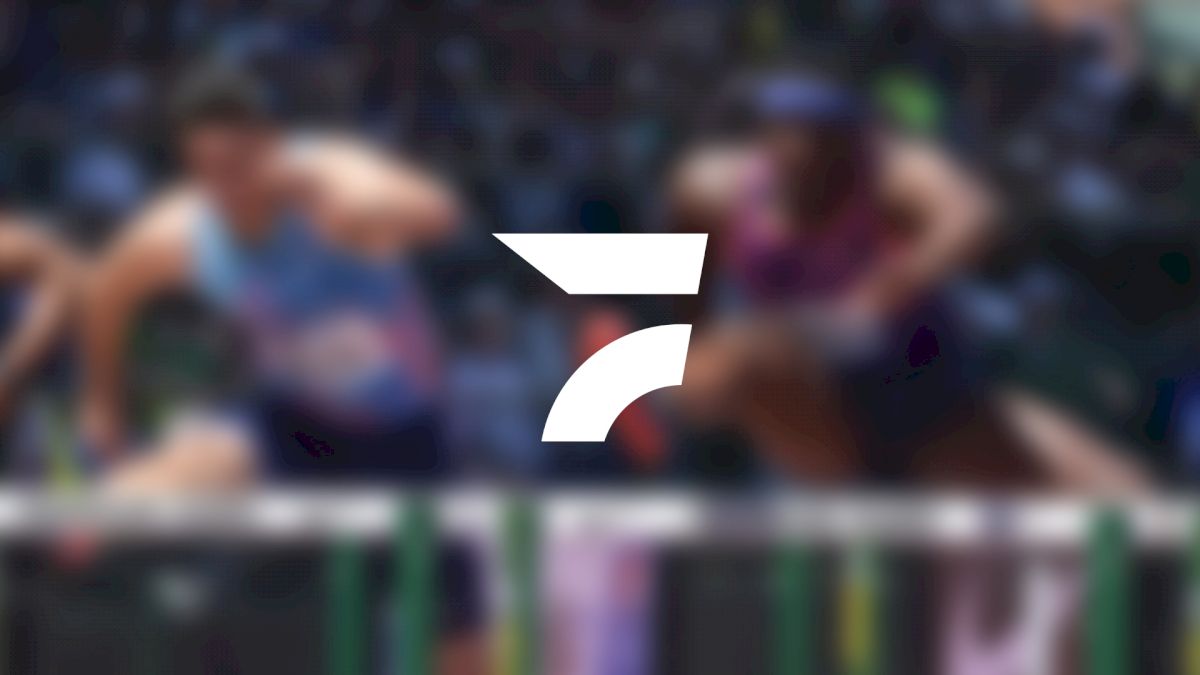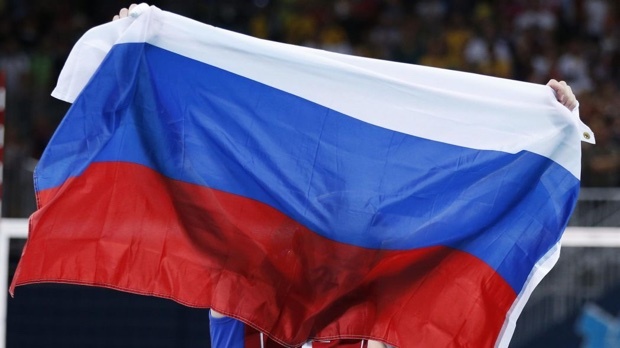IAAF Details 5 Principles For ARAF Reinstatement; Russia To Miss World Indoors
IAAF Details 5 Principles For ARAF Reinstatement; Russia To Miss World Indoors



Less than a week after provisionally suspending the All-Russian Athletics Federation (ARAF) for their participation in a state-sponsored doping program, the IAAF laid out the requirements for the Russian track and field governing body to return to competition.
This comes just one day after WADA declared Russia’s anti-doping operation to be “non-compliant,” which in the wake of last week’s revelations, was not exactly shocking.
The five distinct principles announced on Thursday will address the failings that led to ARAF’s suspension, a suspension that could keep Russia out of the 2016 Rio Olympic Games altogether. The IAAF is working with WADA to build a criteria with the mission of overhauling ARAF’s culture of cheating, because, as Seb Coe put it, “repeating past failings which have brought ARAF to their current position is not an option.”
Hammer Coe all you want for the embarrassing Diack situation, but the new president has taken Dick Pound’s words to heart and appears to be up to the task of establishing some order in track and field.
The IAAF’s principles that are being used to draft up a verification criteria break down like this:
1. Immediate corrective and disciplinary measures
The first principle simply addresses the need to wipe Russia clean of not just their dirty athletes, but also the coaches, doctors, agents “or other persons who have committed an anti-doping violation,” the statement read. The squeaky wheel gets the grease first in this case, and ridding Russia of its dirtiest players is foremost for ARAF to be reinstated.
2. Establishing an effective and operational anti-doping framework in Russia
A big reason that doping cover-ups thrived in ARAF was the intimidation factor— potential whistleblowers feared for their safety if they were to tip-off cheaters. The second principle seeks to end the ‘omertà’ that allowed dopers to thrive in Russia by ensuring that athletes can safely report the Athlete Support Personnel, or ASPs, that are maintaining the doping culture.
3. Structural and regulatory reforms to deter and reduce existing incentives to engage in doping
This one could prove to be difficult. Principle #3 proposes the criminalization of banned substance trafficking under Russian law, which of course would require the government make a 180º turn on its past handling, or mishandling, of known doping practitioners. Seems idealistic.
4. Implemening a robust, transparent and efficient anti-doping testing program
Given that the Moscow Anti-Doping Lab kept cheaters from being caught by destroying doping samples, and was subsequently stripped of its accreditation by WADA, the IAAF has to establish a legitimate national testing program that they can trust to carry out protocol. Principle four will address this goal by increasing transparency of practices and also implementing an education program for athletes and coaches.
5. Ensuring Code compliance going forward
The IAAF’s inspection team will verify that the criteria, which will be established based off the previous four principles, is being followed by maintaining oversight over ARAF for a “designated minimum time frame.”
The five-member inspection team, headed by international anti-doping expert Rune Anderson and consisting of four IAAF council members, will present the verification criteria that ARAF must follow next Thursday, November 26th at the IAAF council meeting in Monaco. Once the roadmap is in place, and discussions with ARAF on implementation have occurred, the IAAF anticipates that the clean up process will begin no later than the start of the new year.
Coe acknowledged in the announcement that no timetable for ARAF’s return can be made as it is unclear how long it will take for the appropriate standards to satisfied. The earliest that the inspection will report back to the council on ARAF’s progress is the March 27 meeting in Cardiff, Wales.
That early deadline for the inspection team falls outside of the IAAF World Indoor Championships in Portland March 17th-20th, which would mark the first international competition that the troubled nation would miss as a result of the suspension.
This would prevent 2012 World indoor pole vault champion Yelena Isinbayeva from competing in Portland, who just this week urged the IAAF to investigate athletes on an athlete-to-athlete basis, instead of punishing the entire country regardless of doping history.
That early deadline for the inspection team falls outside of the IAAF World Indoor Championships in Portland March 17th-20th, which would mark the first international competition that the troubled nation would miss as a result of the suspension.
This would prevent 2012 World indoor pole vault champion Yelena Isinbayeva from competing in Portland, who just this week urged the IAAF to investigate athletes on an athlete-to-athlete basis, instead of punishing the entire country regardless of doping history.
"Innocent athletes, me in particular, shouldn't suffer. I really want to compete,” Isisbayeva told Sky Sports on Tuesday. “I don’t think it’s right to hold us responsible for something we haven’t done.”